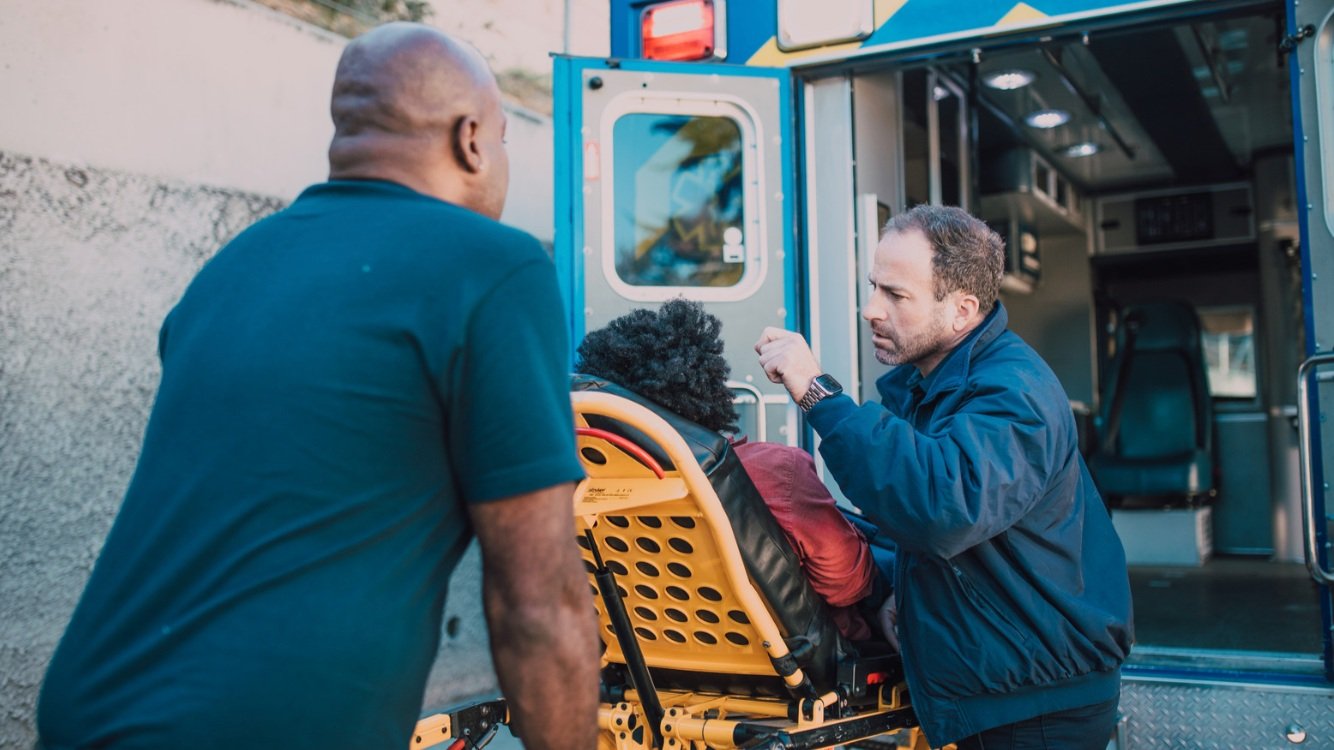Parenting as a Trauma Exposed Professional
It goes without saying that to choose a career as a First Responder requires personal sacrifice. It also affects family life. As a Child and Family Therapist (MSW, RSW), and the Director of Attuned Families, I am familiar with the unique challenges that such a career poses for family life. I believe these unique challenges require unique solutions.
At Attuned Families, we wanted to better understand the needs of First Responders and their families so that we can create the right supports to help these families thrive. So we created a survey. If you haven’t already, you can help us and your colleagues by completing it here. It should take approximately 10 minutes to complete. Your answers are anonymous. We want to get as many responses to the survey as possible in order to have reliable data to inform our service delivery.
If you’ve ever felt alone in the struggle of balancing the effects and demands of being a Trauma Exposed Professional with the demands of family life, it might help to see that the responses of your colleagues likely validate what you are feeling.
Here’s what we’ve learned so far from respondents:
47.8% of respondents said that their work negatively affected their family life sometimes. 30.4% said often or always.
When asked if they are concerned about their child’s social or emotional well-being, 30.8% said “somewhat”, 17.9% said “quite a bit”, and 20.5% said “a great deal”.
Over half of respondents said they are at least somewhat concerned about their relationship with their partner.
When asked if they feel well supported with the challenges that come with this type of work, 23.9% said that they are, but their family is not.
Of the Respondents who have accessed support, less than half felt that the professional supporting them had a good understanding of First Responder work and associated family strain.
Parenting as a trauma-exposed professional presents unique challenges that require understanding, support, and coping strategies. Whether you're a Police Officer, Paramedic, Fire Fighter, or another type of First Responder, it's crucial to recognize and address these challenges to create a healthy and supportive environment for your family. This is certainly easier said than done. In fact I’ve found that it’s the family members of the First Responder who tend to recognize challenges first. I believe this is because when you’re routinely exposed to trauma, your defences go up. You need those defences in order to function, but they can also mask symptoms of mental health challenges that are brewing, making it hard to access early intervention, which is critical in mental health.
We know that how parents process emotions affects how children process emotions. That’s why it’s not uncommon to see social, emotional and behavioural concerns in children of Trauma Exposed Professionals, although these concerns are prevalent in children in general as well.
Shift work alone is challenging. It makes it hard to establish family routines, and inconsistent sleep patterns can wreak havoc with physical and mental health. Add to that the stress of knowing the risks that come with the profession, and the effects of trauma exposure that can seep into family life, and it’s no wonder that family life is extra challenging for Trauma Exposed Professionals.
While your commitment to the safety of your community comes with sacrifice, there are many things you can do to help mitigate the above challenges and find a relatively good balance. It’s important to take pause regularly to reflect on how you and your family are doing, and seek help early.
Here are some things it can be helpful to reflect on:
1. Managing Stress and Trauma: The stress and trauma you experience on the job can spill over into your home life, affecting your interactions with your family. It's essential to find healthy ways to manage your stress, such as regular exercise, mindfulness practices, or talking to a therapist. By taking care of your mental health, you can be more present and attuned to your children's needs.
2. Balancing Work and Family: The demanding nature of first responder jobs can make it challenging to balance your work schedule with your family life. Try to prioritize quality time with your children, even if it means adjusting your schedule or seeking support from family and friends. Setting boundaries between work and home life can also help you be more present when you're with your family. 10 minute per day of mindfulness meditation can help with stress management. Having a ritual that marks the end of a shift and your return home to family can help cue your system that you are safe, and can help you switch gears so that you’re more present with your family.
3. Dealing with Trauma Triggers: Certain triggers, such as loud noises or emergency vehicles, can remind you of traumatic experiences and affect your emotional well-being. It's important to communicate openly with your children about these triggers and how they might impact you. Teaching your children coping skills can help them understand and support you during difficult times. It’s helpful to talk openly, and at the same time important to ensure that what you share with children is age appropriate and reassuring.
4. Seeking Support: Don't hesitate to seek support from your colleagues, supervisor, or a mental health professional. Talking to others who understand your experiences can be incredibly validating and helpful. At Attuned Families we are big on Prevention and Early Intervention. Having a regular check in with a Family Therapist can help your family develop resilience, healthy communication and connection. Additionally, consider joining a support group for first responders or seeking counselling to address any trauma-related symptoms you may be experiencing.
5. Fostering Resilience in Your Children: Your experiences as a first responder can influence how your children perceive and cope with stress. By modeling healthy coping strategies and open communication, you can help build resilience in your children and teach them valuable life skills.
Parenting as a trauma-exposed professional is undoubtedly challenging. It's totally cliche, but it’s essential to remember that you're not alone. By taking care of your mental health, seeking support, and fostering open communication with your partner and children, you can navigate these challenges and create a strong, resilient family unit.

